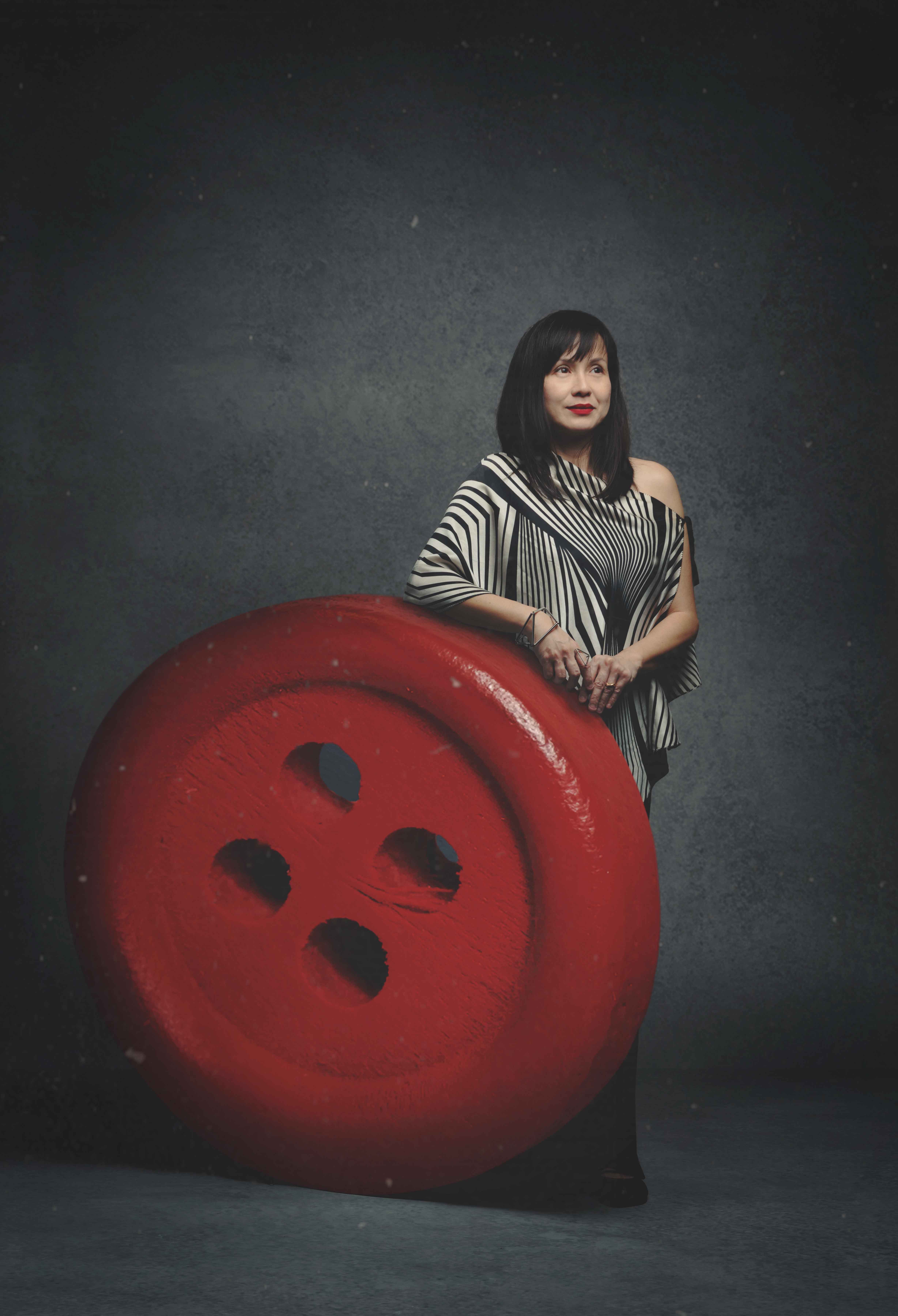Feminism, in its various forms, is significant to me because I consider what is personal to be political. I like to start from a personal positioning that filmmaker Trinh Minh-ha says is a way of “know(ing) the world inwardly” so that the deeper we go into ourselves, the wider we can go into society. I am also very conscious of how my works are situated in historical and larger socio-political contexts.
To list my achievement would imply a kind of completion. There is still so much for me to do, particularly in exploring the gaps—what in contemporary art practice or scholarship is the knowable and unknowable, the rational and irrational, the nuance and actual, the language and the sensory impression.
As an educator for the past 22 years, I have ensured that my students are aware of the ways in which systems of oppressions go hand in hand, so that they can unpack the sexist and racist language we use, and the problematic elements of our cultural traditions.











 Back
Back